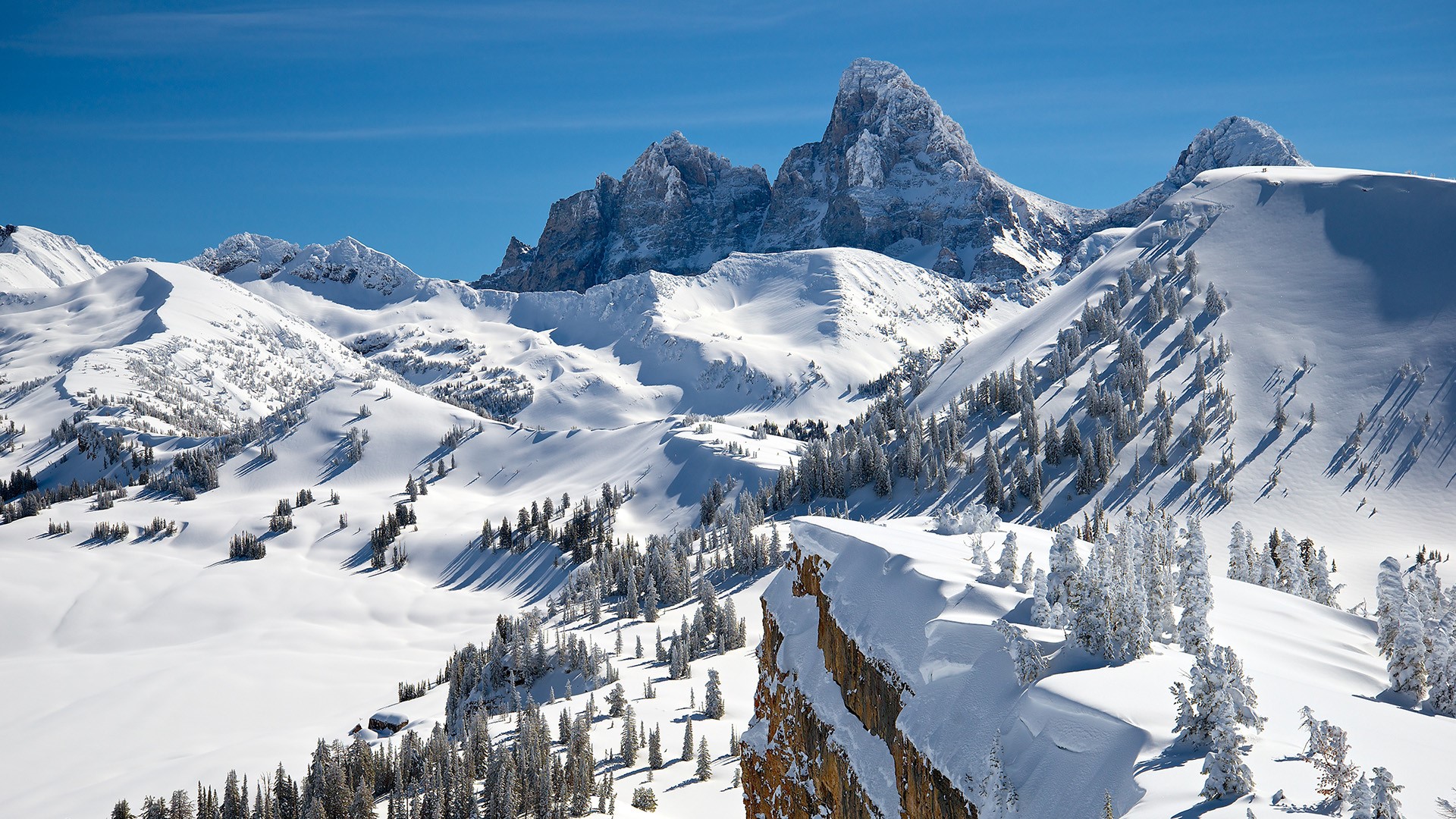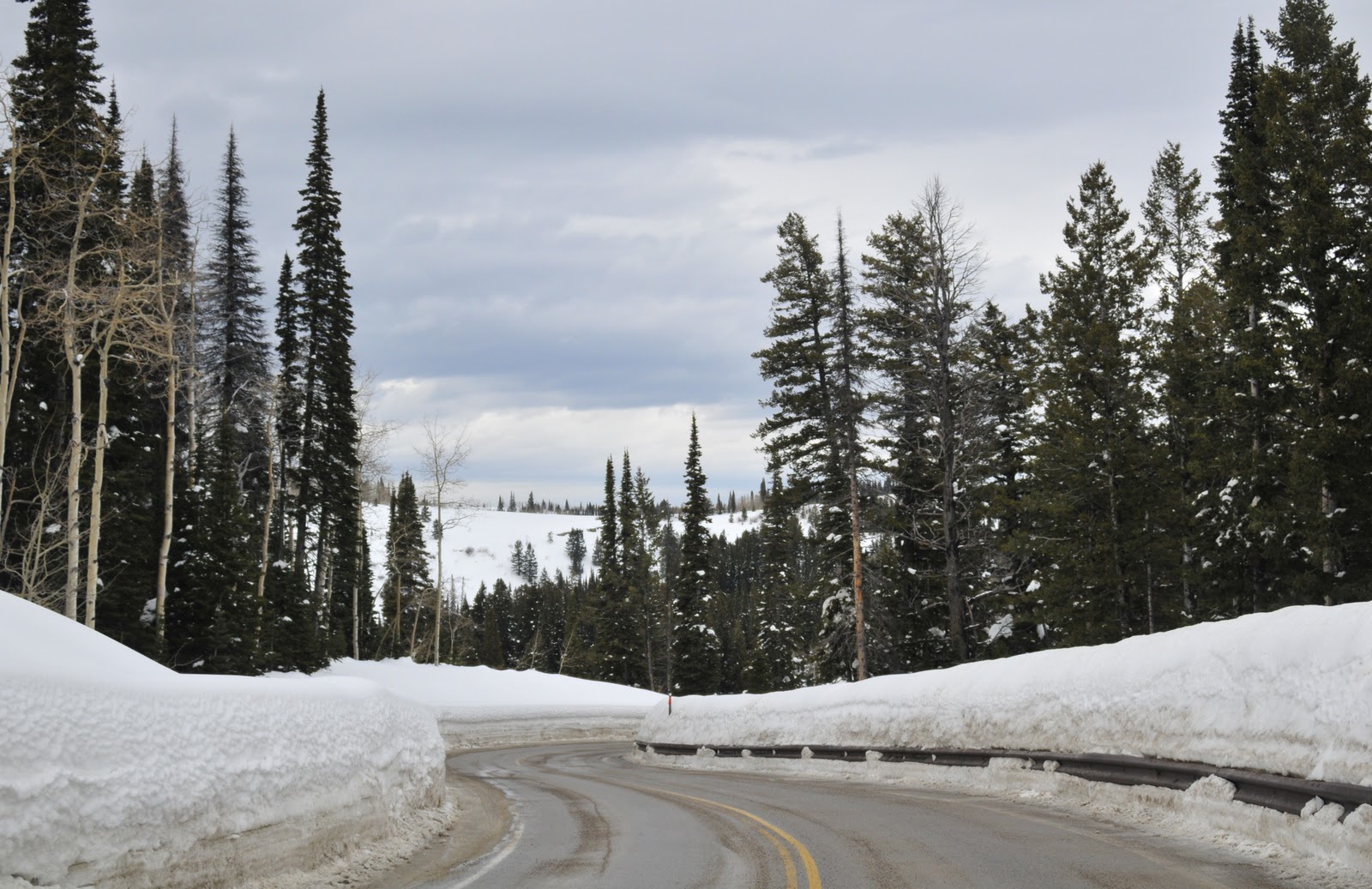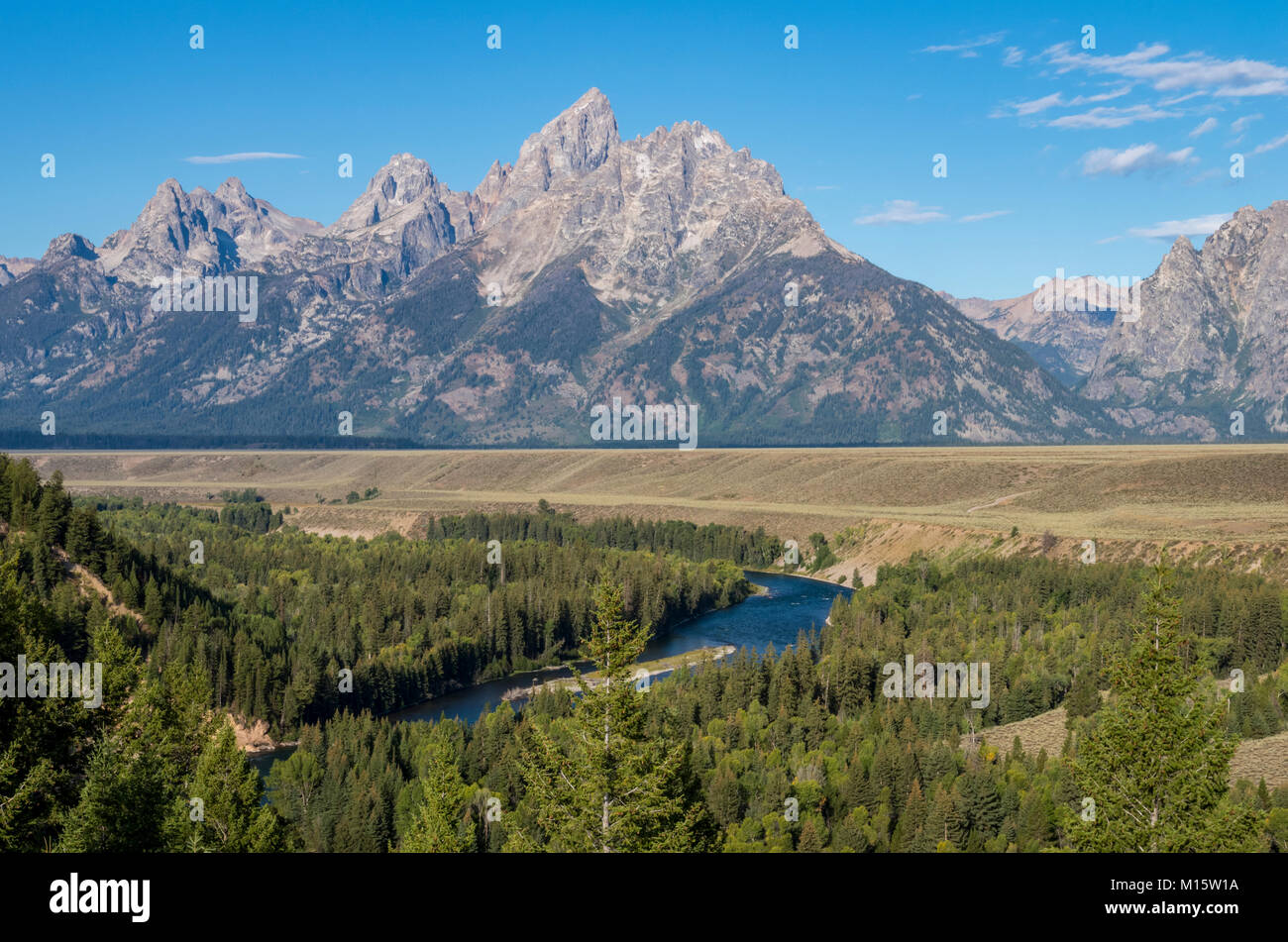Alta, Wyoming: A Journey Through History, Landscape, And Culture
Alta, Wyoming: A Journey Through History, Landscape, and Culture
Related Articles: Alta, Wyoming: A Journey Through History, Landscape, and Culture
Introduction
With great pleasure, we will explore the intriguing topic related to Alta, Wyoming: A Journey Through History, Landscape, and Culture. Let’s weave interesting information and offer fresh perspectives to the readers.
Table of Content
Alta, Wyoming: A Journey Through History, Landscape, and Culture
Alta, Wyoming, a small town nestled in the heart of the state, holds a unique place in the annals of American history and geography. While its population may be modest, its significance extends far beyond its size. This article delves into the multifaceted nature of Alta, exploring its historical roots, geographical features, and cultural significance, utilizing a comprehensive map as a guide to understanding this captivating location.
A Glimpse into the Past: The Historical Significance of Alta
Alta’s origins can be traced back to the late 19th century, a period marked by westward expansion and the burgeoning mining industry. Situated in the foothills of the Wind River Range, the town was established as a coal mining center, attracting settlers seeking fortune and opportunity. The remnants of this era are still visible today, with historic buildings and abandoned mines serving as silent witnesses to the town’s past.
The map of Alta reveals its strategic location, positioned along the historic Bozeman Trail, a crucial route for pioneers and travelers traversing the American West. The trail, marked by its winding path through the landscape, connects Alta to the broader narrative of westward expansion, highlighting its role as a hub for trade and transportation.
Exploring the Landscape: Geographical Features of Alta
Alta’s geographical context is integral to its identity. The town is situated within the Wyoming Basin, a geological formation characterized by vast, rolling plains and rugged mountain ranges. The Wind River Range, towering over Alta, provides a dramatic backdrop, its peaks reaching for the sky and shaping the local climate.
The map of Alta reveals the intricate network of rivers and streams that crisscross the area. The Big Wind River, a major tributary of the Wind River, flows through the town, offering recreational opportunities and contributing to the region’s agricultural diversity. The map also showcases the varied topography, highlighting the presence of grasslands, forests, and high-altitude meadows, contributing to the area’s ecological richness.
A Tapestry of Culture: Unveiling the Cultural Significance of Alta
The cultural fabric of Alta is a blend of historical influences and contemporary life. The town’s heritage as a mining community is deeply ingrained in its traditions and values. The annual Alta Coal Days celebration, a testament to the town’s past, features parades, historical reenactments, and community gatherings, fostering a sense of belonging and pride.
The map of Alta showcases the town’s proximity to other cultural landmarks, including the Wind River Indian Reservation, home to the Eastern Shoshone and Northern Arapaho tribes. This connection underscores the historical and cultural significance of the region, highlighting the interconnectedness of diverse communities.
Understanding the Map: Navigating Alta’s Landscape
The map of Alta serves as a vital tool for understanding the town’s physical and cultural landscape. It provides a visual representation of its geographical features, historical sites, and key points of interest.
Key features of the map include:
- Roads and Highways: The map clearly indicates the major roads and highways connecting Alta to neighboring towns and cities, facilitating travel and transportation.
- Landmarks: Historic buildings, mining sites, and cultural landmarks are marked on the map, allowing visitors to explore the town’s rich history.
- Natural Features: The map showcases the surrounding mountains, rivers, and other natural features, providing context for Alta’s unique geographical location.
- Points of Interest: The map highlights attractions such as parks, recreational areas, and cultural sites, offering a glimpse into the town’s diverse offerings.
FAQs: Addressing Common Questions about Alta
Q: What is the population of Alta, Wyoming?
A: The population of Alta is relatively small, with a population of around 100 residents.
Q: What is the primary industry in Alta?
A: While mining played a significant role in the town’s history, the primary industry in Alta today is agriculture, with ranching and farming contributing to the local economy.
Q: What are some of the attractions in Alta?
A: Alta offers a variety of attractions, including historical sites, scenic hiking trails, and fishing opportunities.
Q: How can I get to Alta?
A: Alta is accessible by car, with the closest major airport being in Riverton, Wyoming.
Tips for Visiting Alta:
- Plan your trip in advance: Research the town’s attractions and activities to make the most of your visit.
- Pack for all weather conditions: Alta’s climate can be unpredictable, so be prepared for both warm and cool temperatures.
- Respect the local environment: Be mindful of your impact on the natural surroundings and practice responsible recreation.
- Engage with the local community: Learn about the town’s history and traditions, and interact with the friendly residents.
Conclusion: A Glimpse into the Heart of Wyoming
Alta, Wyoming, is a testament to the resilience and adaptability of a small town in the face of changing times. Its historical significance, geographical beauty, and cultural richness make it a destination worth exploring. The map of Alta serves as a guide to its past, present, and future, providing a visual representation of the town’s unique identity and its enduring place in the heart of Wyoming.







Closure
Thus, we hope this article has provided valuable insights into Alta, Wyoming: A Journey Through History, Landscape, and Culture. We appreciate your attention to our article. See you in our next article!

